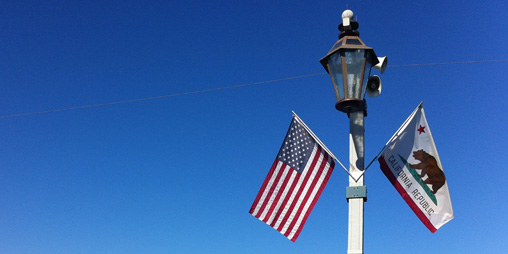Supreme Court Confirms Enforceability of Class Action Waivers

For the second time in four years, the U.S. Supreme Court has overruled a California decision that refused to enforce an arbitration agreement with a class action waiver, holding that the Federal Arbitration Act (FAA) trumps California’s attempts to restrict arbitration and class action waivers in consumer and employment lawsuits.
In DirecTV, Inc. v. Imburgia, Case No. 14-462, the Supreme Court, in a 6-3 decision authored by Justice Stephen Breyer, upheld an arbitration clause requiring consumers to arbitrate their claims individually, and precluding class actions. The Court held that because the FAA preempts contrary California law that would make such class-arbitration waivers unenforceable, the arbitration agreement at issue must be enforced.
The opinion is the latest in a series of battles between the U.S. Supreme Court and California state and federal courts over arbitration issues. In 2005, the California Supreme Court held in Discover Bank v. Superior Court, 113 P.3d 1100, 1110 (Cal. 2005), that class-arbitration waivers are “unconscionable” and unenforceable under California law. In its 2011 decision in AT&T Mobility LLC v. Concepcion, 131 S. Ct. 1740 (2011), the U.S. Supreme Court upheld a class-arbitration waiver, finding that the FAA preempted the rule created by the California Supreme Court in Discover Bank. With its latest opinion in Imburgia, the U.S. Supreme Court has once again confirmed the enforceability of class-arbitration waivers.
Whether a particular agreement protects against class litigation or even class arbitration can turn on the agreement’s specific language. Arbitration agreements that include class-arbitration waivers are an important tool for businesses and employers to protect themselves from costly class-action litigation.


